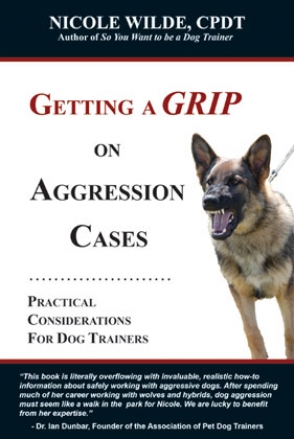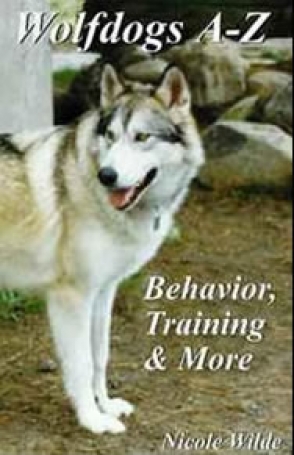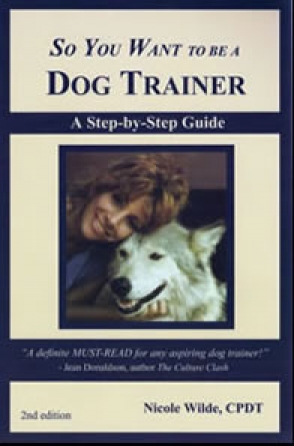There is a lot more to working with aggression cases than mastering methods and techniques.
Standing Up to Your Dog Trainer
A wide range of training methods and styles exist, and how well they are implemented depends on the person doing the training. When owners attend a group class, the assumption is that the trainer is an expert, or at least a professional with plenty of experience, who will help them to train their dogs in a positive manner. Lately, though, I’ve been hearing story after story that has reignited my desire to spread the word about being an advocate for your dog.
A trainer friend recently bought a new German Shepherd pup. By all accounts the puppy is just wonderful, and my friend couldn’t be more pleased. She decided to take the pup to the breeder/trainer’s group class. Of course, being a trainer herself, she’s done an excellent job of training and socialization, but a group would provide her pup with other dogs with whom to socialize. An unhappy surprise awaited her. The breeder/trainer was using pinch collars positioned high up on the dog’s neck for corrections. Whether you are for or against pinch collars, there is a very sensitive bundle of nerves high up on a dog’s neck, and this is NOT the place for a pinch collar! Fortunately, she knew enough to refuse to do that to her puppy.
Then there’s the trainer who has been known for many, many years for his technique of using a rubber hose. How, you might wonder, could a rubber hose possibly be used in training? Well, a piece of it is used to whack the dog over the nose while the owner yells, “NO!” Yes, really. And while this is a obviously a Neanderthal excuse for what is meant to be training, even worse is that the technique is used to condition the dog to the word “no” from the start, even if he didn’t do anything to elicit a correction.
Sometimes it’s not the training method that’s at fault, but the trainer’s lack of understanding of canine body language and behavior. When I stopped teaching group classes years ago, I scouted around for one to which I could refer clients. I watched one (which turned out to be a traditional choke chain style class) where a dog was yawning over and over—obvious stress behavior. The owner thought her dog was bored, and the trainer told her to just get the dog’s attention by using the choke chain. When the dog finally got so stressed that he jumped on the owner—you could just about see the thought bubble over the poor German Shepherd’s head saying Mom, please stop!—the trainer told her to give him a hard correction, which no doubt caused further stress. I know it stressed me out, and I was just watching.
It can be very difficult to stand up to someone who is considered a professional, especially in a public forum. It flies in the face of everything we've been taught about being polite. But we must be advocates for our dogs, even if the cost is feeling socially uncomfortable. I had one client who told me she’d attended a group class with the aforementioned “rubber hose trainer” and told him that she would never do that to her dog. She then walked out. I applaud her heartily for that, and I’ll bet her dog was grateful. At our local dog park, I will stop my dog Sierra from playing too roughly with others, even when the other owner says it’s fine. I know people think I’m overly cautious, and frankly, I don’t care.
If there is ever a situation where you’re not comfortable with the way someone is treating your dog or advising you to treat him—whether it’s a veterinarian, a groomer, a trainer, or any other canine professional, speak up. Even if you just have “a bad feeling,” remember that your intuition is there for a reason. For example, if you were planning to leave your dog at a boarding kennel, but get a weird vibe from the people running it, there’s probably a good reason; keep looking. If you attend a training class where you are uncomfortable with the training methods or the way the trainer handles the dogs, even if you’ve paid in advance and can’t get a refund, just leave. There are many good, positive trainers out there who would love the privilege of working with your dog and his good, caring advocate of an owner.










